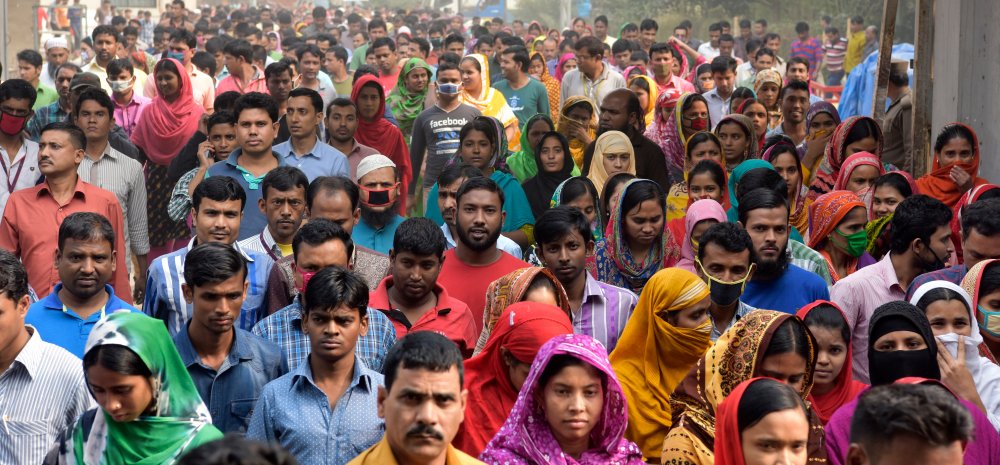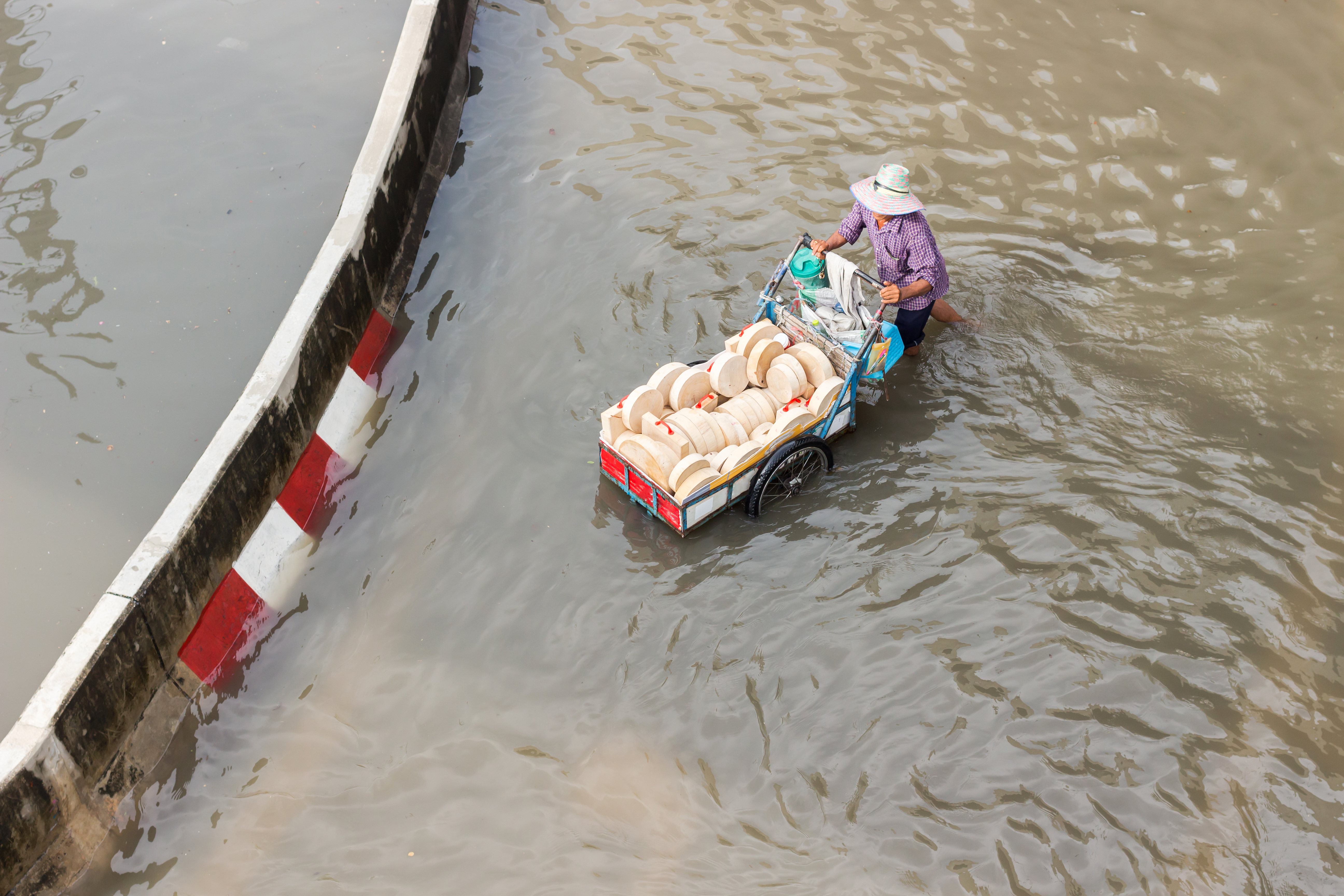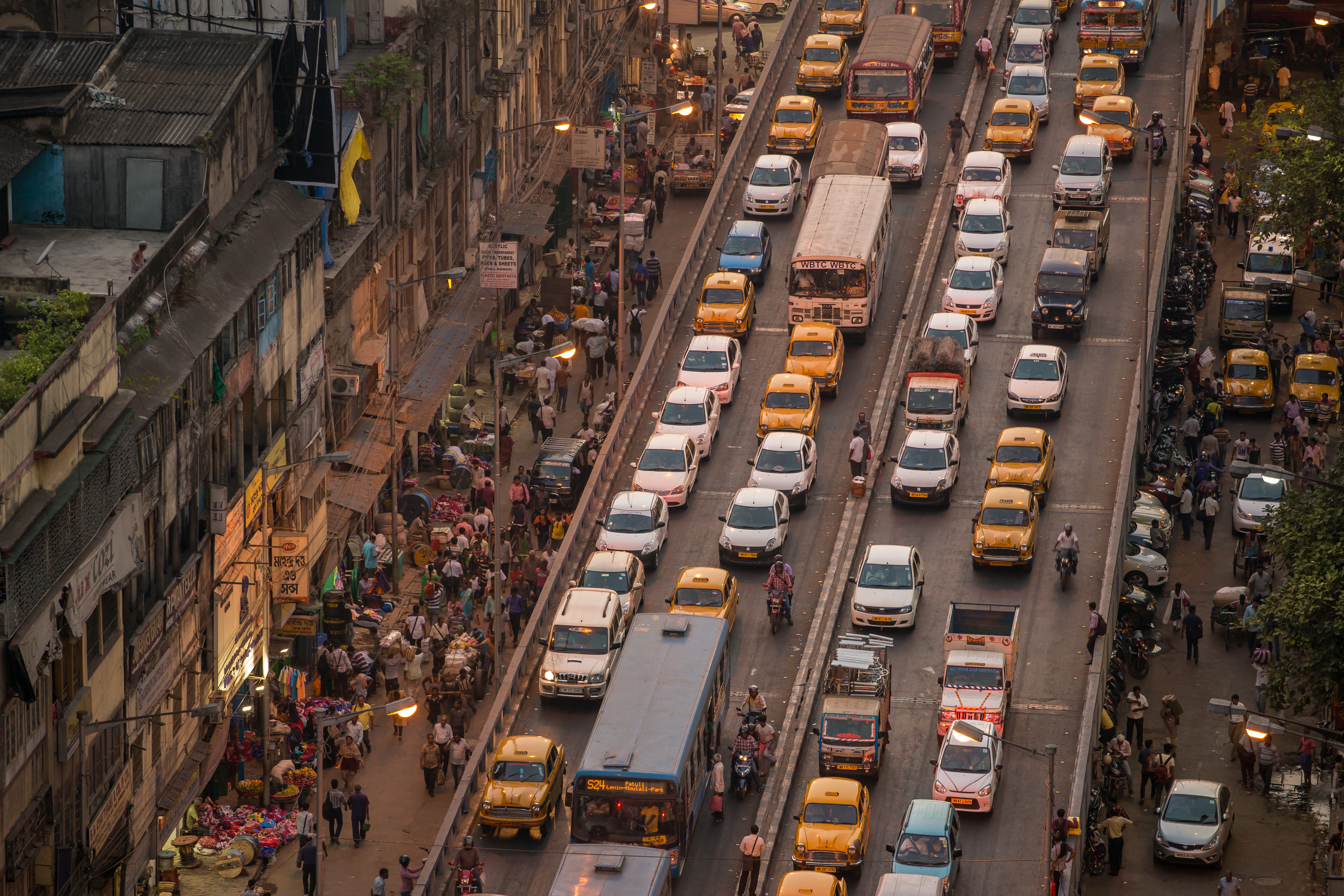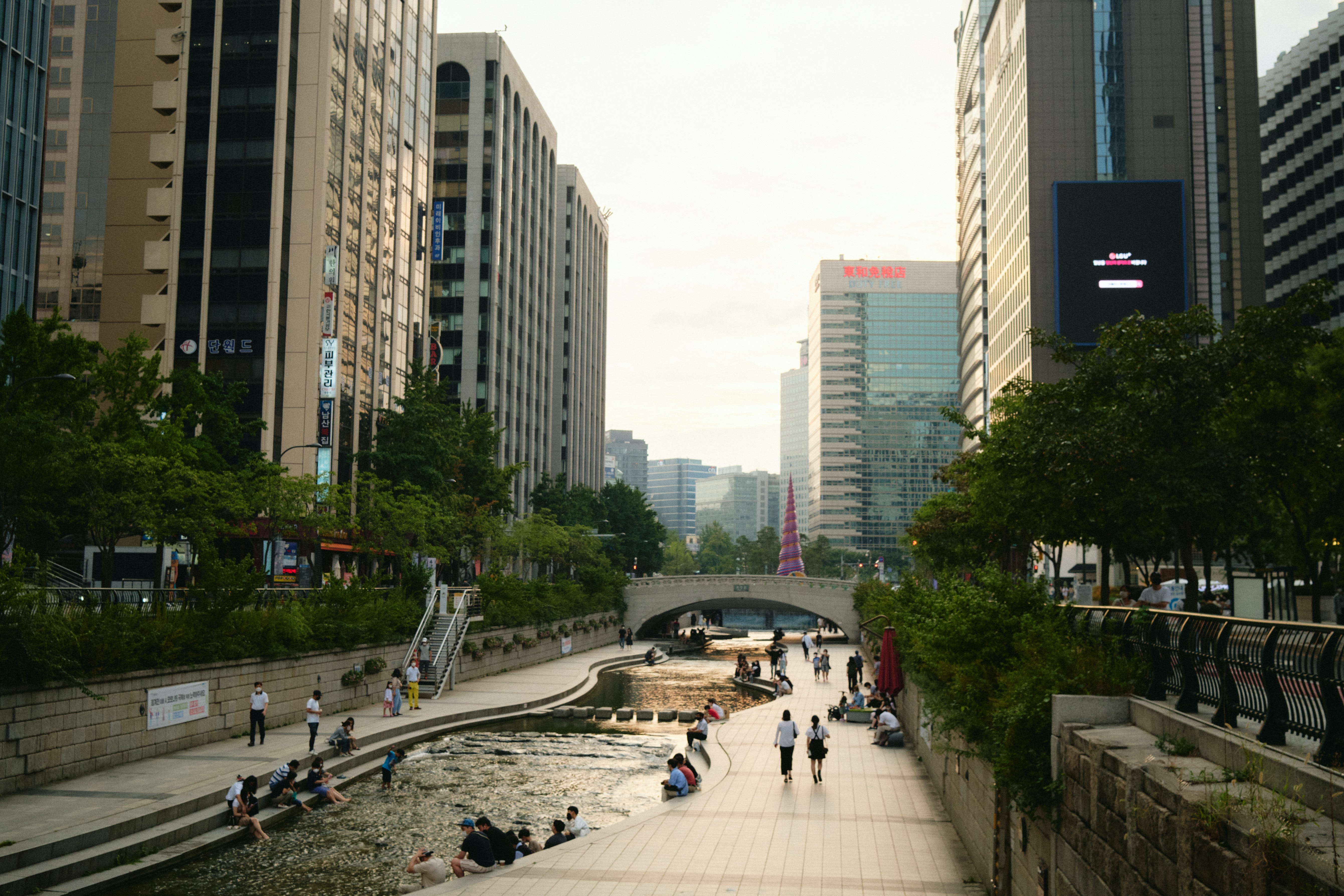
For a Sustainable Future, Let’s Talk About Urban Resilience
Floods, droughts, rising sea levels, heatwaves, landslides, storms, and hurricanes are some of the climate shocks (both primary and secondary) that have recently captured the headlines. Throughout the world, these shocks are increasingly disrupting the balance in cities and testing the resilience of our urban systems. As stated by UN-Habitat, at least 130 port cities with over one million inhabitants are expected to be affected by coastal flooding and sea level rises. A further one billion people living in informal urban settlements are also vulnerable, as they lack access to basic infrastructure and services.

Cities are already suffering the effects of climate change, and they will continue to do so as investment in climate resilience is lagging, especially in terms of climate adaptation. The UN estimates that only 20% of climate financing is spent on adaptation. The Climate Policy Initiative has also arrived at similar numbers for climate finance flows to non-OEDC countries.
The initial health crisis caused by Covid-19 rapidly escalated into a socio-economic crisis. Similarly, climate emergencies and other shocks affect multiple city systems after they have struck. Failing to build multi-hazard resilience could cost cities worldwide USD 314 billion every year by 2030, according to UN-Habitat, putting the lives and livelihoods of half of the world’s population at risk.
Chronic stresses within urban systems, like gender inequality and the income gap, political discord, economic recessions, and lack of housing and basic infrastructure, determine the severity of the impact of climate stress and the city’s ability to resist and recover faster and better. With well-designed, evidence-based urban actions for climate and urban resilience, local governments can prepare their cities to prevent damage and strengthen their urban systems to resist and recover while generating economic, social, and environmental benefits. Ultimately, by adapting cities for climate resilience, local governments ensure sustainable development, sustainable urbanisation and a better life for all in an urbanising and changing world.

Local governments have the closest links to citizens. While national governments reach a consensus at a national and international level about global issues, local governments provide opportunities, care, and protection to city inhabitants before, during and after a crisis.
A climate emergency, however, often transcends municipal boundaries and must be examined, explored, and managed at a metropolitan level and through regional collaboration.
A climate emergency, however, often transcends municipal boundaries and must be examined, explored, and managed at a metropolitan level and through regional collaboration. Internal stresses like poor mobility, inadequate housing, and gender inequality are also shared throughout the metropolitan region and require collective action.
The interconnectedness of the Sustainable Development Goals (SDGs) requires integrated actions and coherent policy. A truly integrated approach that ensures that “no one and no place is left behind” requires a multi-level and multi-stakeholder governance system that puts people at the centre of the development of the city, the metropolitan region, and the world. Simply put, to have a positive impact on society as a whole, we need governments as a whole to take action and make policies together.
Covid-19 recovery presents an opportunity to seek synergetic solutions for an ambitious agenda on sustainable urban development that places community and climate resilience at the centre.
The Covid-19 pandemic has revealed the limitations and challenges of our urban environments. Inequality, vulnerability and lack of capacity seem to be embedded in how our urban systems have been conceived, structured and managed in the past, putting people and the planet at high risk. Allocating our resources to effectively adapt to climate change means leveraging our knowledge and resources. We need to scale up successful solutions more quickly by using reliable, validated data at every stage of the disaster risk management process, while better leveraging private sector resources. Covid-19 recovery presents an opportunity to seek synergetic solutions for an ambitious agenda on sustainable urban development that places community and climate resilience at the centre.

Adapting cities to climate resilience helps people prepare for both known and unknown future challenges, supporting their well-being in the long-term. Climate resilient cities and metropolises require urban planning strategies that include:
- Building resilience holistically and systemically. Addressing complex urban challenges in an integrated and holistic manner means developing solutions not only for climate change, but also for urban poverty and urban ecosystems. The goal is to build livelihoods that are both sustainable and resilient. A multi-hazard, multi-sectoral and multi-stakeholder approach is fundamental for building resilience.
- Embracing a pro-poor approach. Supporting the most vulnerable through inclusive planning and governance is essential to ensure no one is left behind. The low-income population, women and especially girls, young people, elderly and disabled persons are often disproportionally affected. Coping capacity must be built especially in informal communities. Urban systems for water supply, food distribution, healthcare centres and education must all be ready to support these groups in climate-related issues.
- Investing in climate-proof sustainable infrastructure, safeguarding access to basic urban services. Infrastructure projects should be developed for the long term and the infrastructure we build now must cope both with rapid continuing urbanisation around the world, climate change and other challenges. Basic infrastructure is a prerequisite for the resilience and quality of life of all inhabitants. Resilient infrastructure is an issue not only for construction, but also for governance, management and interaction with other basic services.
- Exploring nature-based solutions and ecosystem-based approaches to adaptation. Ecosystem-based adaptation and nature-based solutions combine mitigation and adaptation actions and can generate additional economic, social, and environmental benefits. These solutions must be localised, with generic solutions translated to specific conditions and brought in line with the natural environment around each city and metropolitan region.
- Mainstreaming climate adaptation strategies into the broader development agenda, including the response to Covid-19. The crisis response to Covid-19 must be leveraged to build a resilient future. Local economies can be boosted through their climate response. Innovative, green and inclusive solutions can transform contemporary urban economies. Every resource invested now must built a foundation for the future. Covid-19 has given us an opportunity to learn and apply our knowledge.
- Increasing inter-city cooperation to reduce risk and build resilience. Urban areas have different needs but can still learn from each other, share knowledge and lessons learned, and exchange their practices for disaster management and building city resilience. City-to-city cooperation and collaboration mechanisms can boost integrated and effective responses and promote better local solutions. City-to-city exchanges can enhance capacity and knowledge.
In sum, well-designed actions for urban and climate resilience generate both social, economic and climate benefits, resulting in better life for everyone in the urban world. Through the lens of urban resilience, local governments see the interrelations and interconnectivity of urban systems and define actions to overcome multiple hazards, solving multiple potential problems, while engaging with all urban stakeholders. Both national and local governments play a role in putting ambitious and credible plans in place and setting out the guidelines for change. Only if we choose to face the climate crisis together can we ensure that all our communities—especially the most vulnerable—survive climate shocks and other disasters, and thrive.
World Metropolitan Day is a global celebration led by Metropolis and UN-Habitat to promote collective action between local, regional and metropolitan governments to build equitable, resilient and prosperous metropolises. This year’s World Metropolitan Day theme is Resilience for all: creating caring metropolises beyond Covid-19. Aligned with World Metropolitan Day, the theme for this year’s World Cities Day is Adapting Cities for Climate Resilience. I hope to see how both discussions increase awareness on climate change adaptation and urban resilience to strengthen the capacity for action in metropolitan areas and cities.
Esteban León is the Head of UN-Habitat’s City Resilience Global Programme. Esteban has a background in economics and over two decades of experience building local capacities, designing and managing shelter, housing and settlement programmes in pre- and post-crisis situations, and building urban resilience. He has been working for UN-Habitat since 2002, based in Nairobi, Geneva, Panama and Barcelona.


